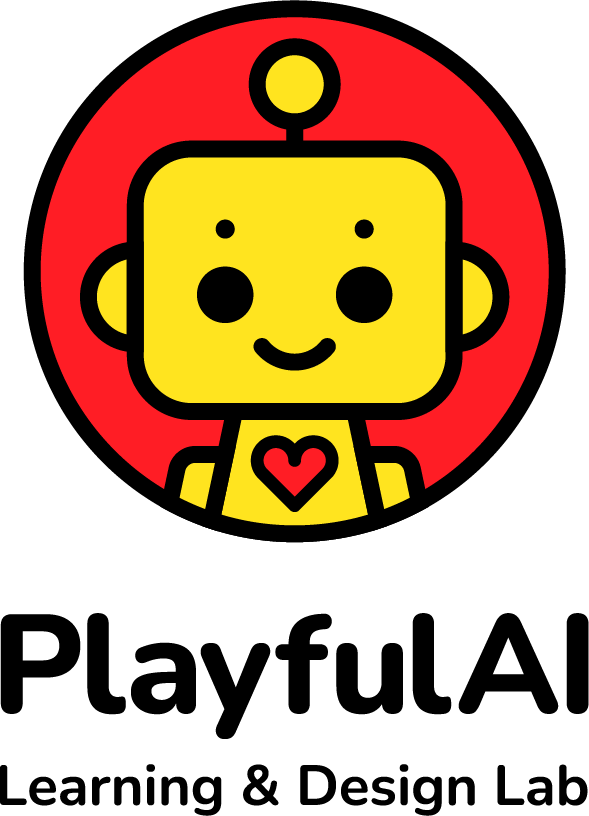Joy and Grace will be presenting at the 2024 Annual Meeting of ISLS!

Joy’s first-authored paper titled “Balancing Freedom and Guidance: Kindergarten Teachers’ Strategies for Outdoor Play (in Post-COVID Era)” and Grace’s first-authored paper titled “Productive Multivocality in AI Development: Excavating Ethics Concerns among an Interdisciplinary Team” are both accepted by the annual meeting of ISLS 2024!
Balancing Freedom and Guidance: Kindergarten Teachers’ Strategies for Outdoor Play (in Post-COVID Era)
Zhuoyun Cai, Grace Yaxin Xing,
zhuoyunc@buffalo.edu, yaxinxin@buffalo.edu;
University at Buffalo
This study investigates the balance between autonomy and teacher guidance in children’s outdoor play post-COVID-19. Conducted at an early childhood center in the Northeastern United States, it employs scaffolding strategies within the Zone of Proximal Development, utilizing observations and interviews for data collection. The qualitative analysis reveals seven key teacher strategies for enhancing outdoor play in line with children’s developmental stages: observation, reflection, withdrawal, material, safety and social support, involvement, and management. The study aims to refine outdoor play experiences for young learners by balancing safety, learning opportunities, and the advantages of free play with structured guidance. It offers insights into supporting children’s comprehensive development in outdoor environments, enriching the dialogue on outdoor play strategies with a Vygotsky-inspired framework and underscoring the importance of withdrawal and social support in the post-COVID era.
Productive Multivocality in AI Development: Excavating Ethics Concerns among an Interdisciplinary Team
Grace Yaxin Xing, X. Christine Wang, Jinjun Xiong
yaxinxin@buffalo.edu, wangxc@gmail.com, jinjun@buffalo.edu
University at Buffalo
Adapting the “productive multivocality” approach (Suthers et al., 2013), we engage an interdisciplinary team, which designs AI tools for children with speech and language challenges, in developing a framework for ethical AI development. In the initial phase of this 5-year study, we investigated ethical concerns about AI in general and the AI tools being designed in particular within the team’s varied disciplines. Employing thematic analysis, descriptive statistics, BERT topic modeling, and WordCloud tool, we analyzed survey data and focus group interviews of 14 researchers in Speech-Language Pathology/Learning Sciences, Human-Computer Interaction, Multimodality Learning, and Core Technology. Our analysis uncovered prevalent unease about AI, along with nuanced and varying degrees of concerns regarding the AI tools under development across different disciplines. The findings inform our broader study and highlight the potential role of productive multivocality in fostering responsible and equitable AI development and its eventual implementation.
